New Delhi, Aug 9, 2024: By 2050, climate change may push up to 158 million more women and girls into poverty and see 236 million more face food insecurity, according to a new study.
The 2023 report ‘Feminist climate justice: A framework for action’ by the UN Women points out that though climate change significantly affects those working in the natural resource sectors, such as agriculture, its impact is not the same on men and women. Women happen to be more vulnerable due to various socio-economic and cultural factors. Climate change also compounds the issues faced by underserved women and girls by deepening existing inequalities, disrupting education, health services, mobility and curtailing employment opportunities.
In India, where the effects are particularly pronounced, these challenges are compounded by regional vulnerabilities impacting underserved women and girls the most. This will deepen existing inequalities and disrupt education, health services, mobility, and even employment opportunities.
Recognising the pivotal role that women can play in driving effective climate action, the Women Climate Collective (WCC) is strategically consolidating its efforts to amplify women-led initiatives. Their cohort highlights the unique challenges faced by women while also underscoring their contributions to the global climate discourse.
In 2023, the WCC programme built the capacities of 16 women climate leaders, some of whom represented India on key global platforms including COP28, and were recognised through prestigious awards including Nidhi Pant who won the Earthshot Prize, Elsie Gabriel who received the face of India Achievers Award, and more.
KG Sreeja, who was part of the 2023 cohort, said, “Being part of the WCC cohort has helped in gaining a more granular gendered perspective of our work on co-creating community resilience to tidal flooding. It has helped in thinking and acting in gender specific ways over and beyond gender inclusive strategy and planning. Gender specific action has helped us identify the singular strength of women in the climate action space. It has become the natural progression from gender inclusive work and I strongly believe it is due to the work and networking I have been doing with WCC.”
Following the success in 2023, and to further amplify women's voices in climate action and ensure their equitable participation in designing and implementing sustainable solutions, WCC, a platform created by Fondation L'Oréal with the support of Purpose Climate Lab has launched its next cohort focused on nurturing 20 young women leaders in climate action. These women leaders work in pertinent and diverse issues, including climate justice, nature-based solutions, climate technology, public engagement for climate, and climate-related health and food security, spanning regions from the Himalayas to Bengaluru, and from Maharashtra to West Bengal, as well as many other states and areas of expertise.
These leaders will be provided tailored leadership training, communication, and access to international and national events, enabling them to participate in global climate discussions and showcase their work on an international platform. By elevating their groundbreaking work, the WCC platform aims to foster collaboration, networking, and knowledge sharing among the leaders, ultimately promoting gender-inclusive climate solutions in India.
They will also have access to industry experts in the form of WCC Ambassadors, that will further support the climate leaders to grow and scale their efforts; Mamta Borgoyary, Executive Director, SHE Changes Climate and Shloka Nath, CEO, India Climate Collaborative, both prominent women leaders in nurturing climate action in India, will be supporting the new cohort of WCC women leaders.
Reflecting on the impact of the program, Mamta Borgoyary, Executive Director, SHE Changes Climate, shared her thoughts: “The WCC programme's unwavering commitment to fostering women's leadership in climate action is truly inspiring. The new cohort is composed of exceptional women dedicated to addressing critical climate issues, and I am thrilled to support them. I have witnessed firsthand the transformative impact of WCC’s programs, and I am confident that these emerging women leaders will drive meaningful change and amplify their voices within India's climate ecosystem.”
As the 2024 cohort begins their journey, they embody the immense promise of empowering women to take the lead in combating climate change. Their efforts not only aim to address today’s challenges but also pave the way for a more sustainable and fair future for everyone. In India, where the impacts of climate change are deeply felt, the involvement of women leaders is more important than ever. These women bring fresh perspectives and a steadfast dedication that can drive real progress, motivating communities and shaping policies at every level.
Leaders of the WCC 2024 cohort are Anu Khandelwal, Astha Khubele, Divya Gaur, Gayathri Kupendra Reddy, Hemavathi S Shekhar, Megha Raha, Meghna Chakkraborty, Monika Shukla, Namrata Tiwari, Natasha Zarine, Neha Gupta, Nivedita Bansal, Preeti Chauhan, Preeti Singh, Renjini Thampi, Rishika Madan, Rosie Paul, Sayesha Dogra, Sonal Shukla, and Ujjvala Krishna.




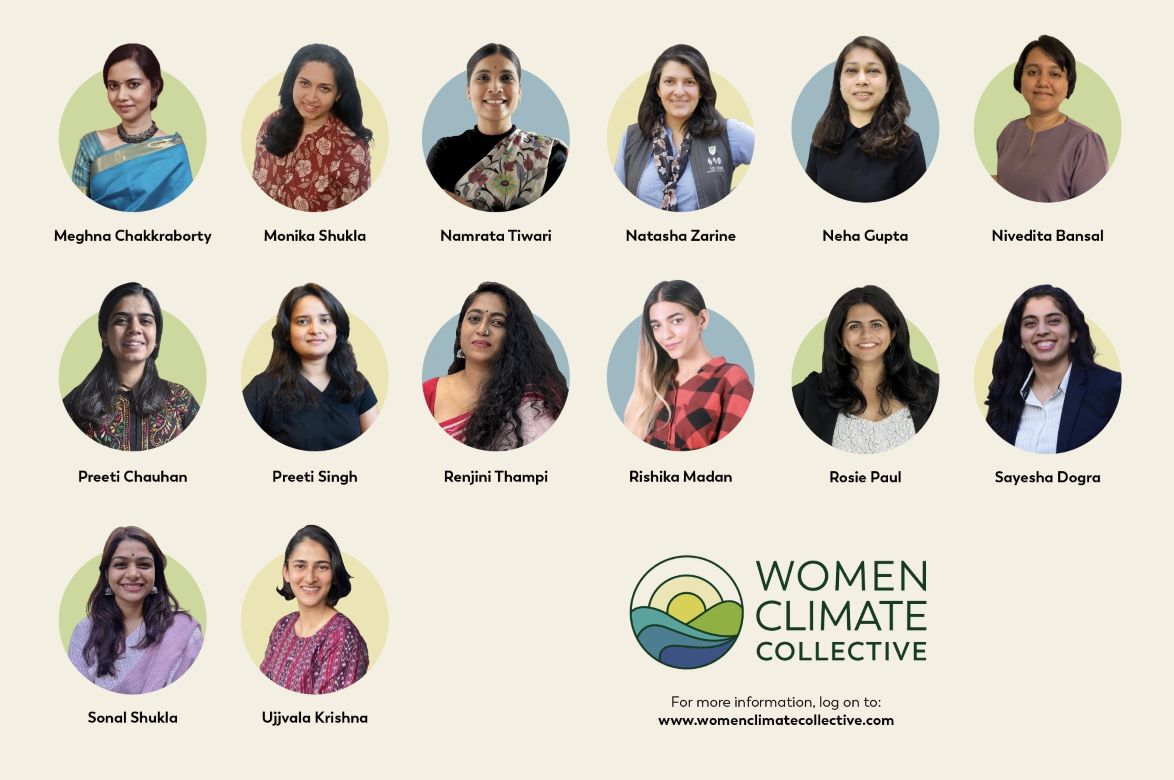
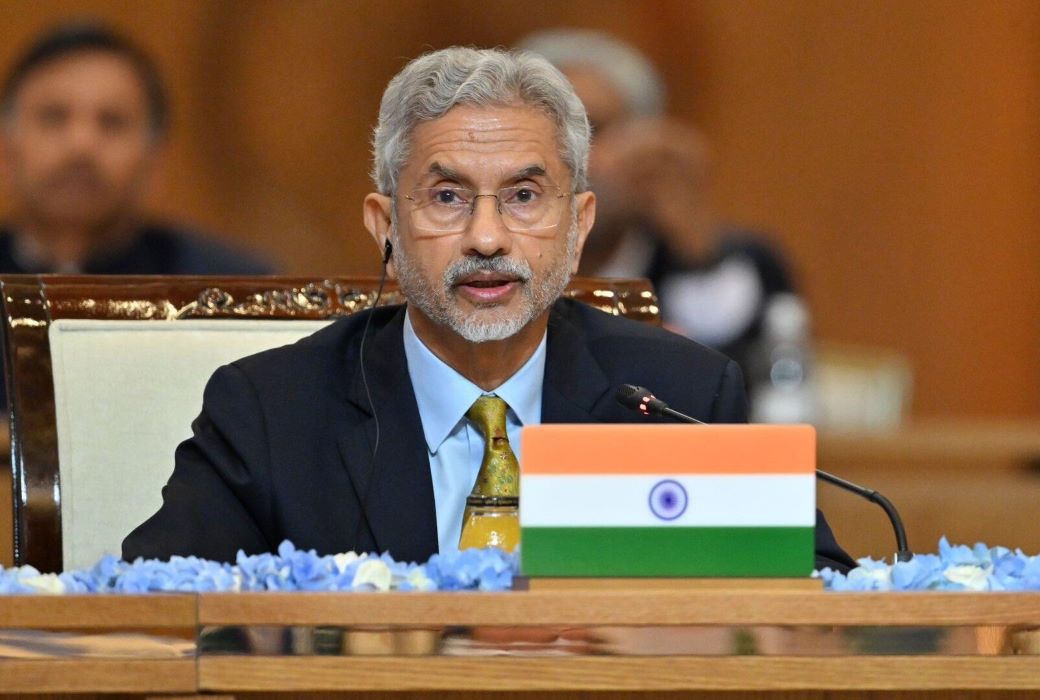
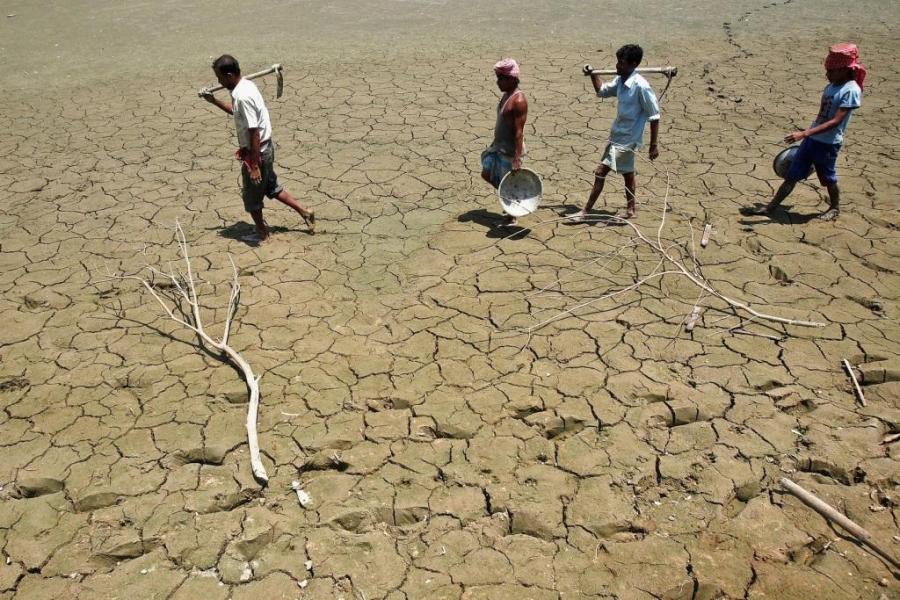
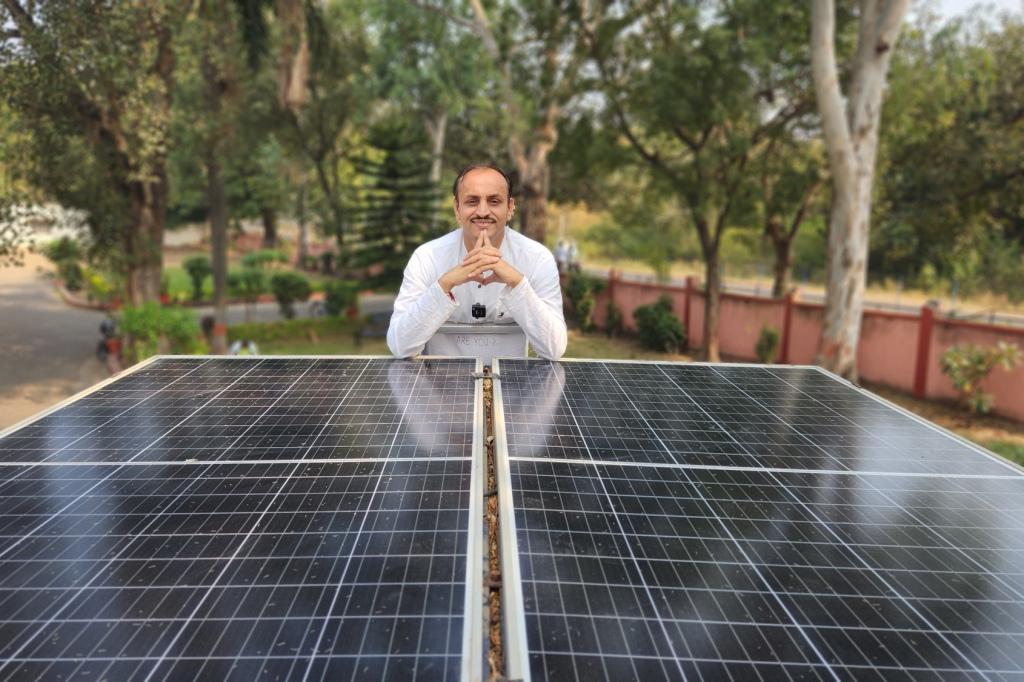

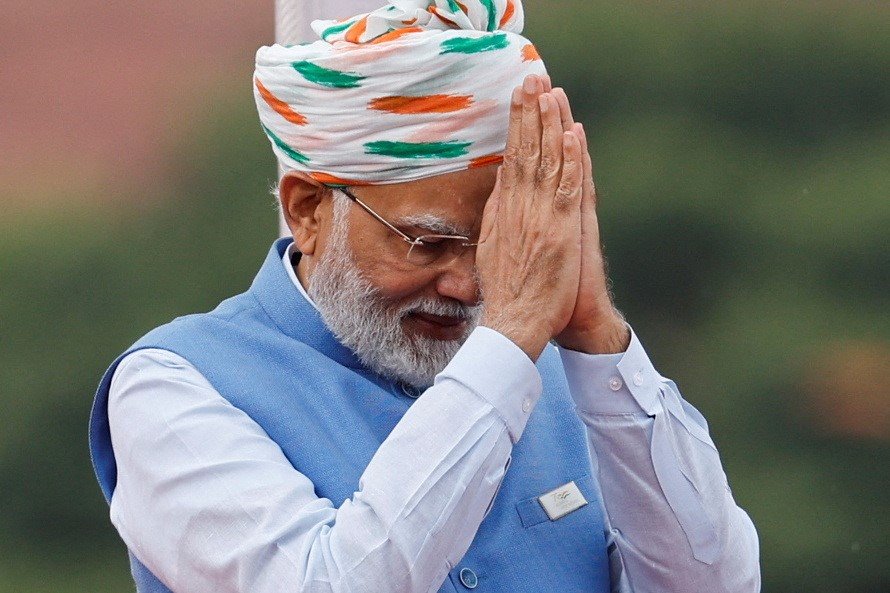
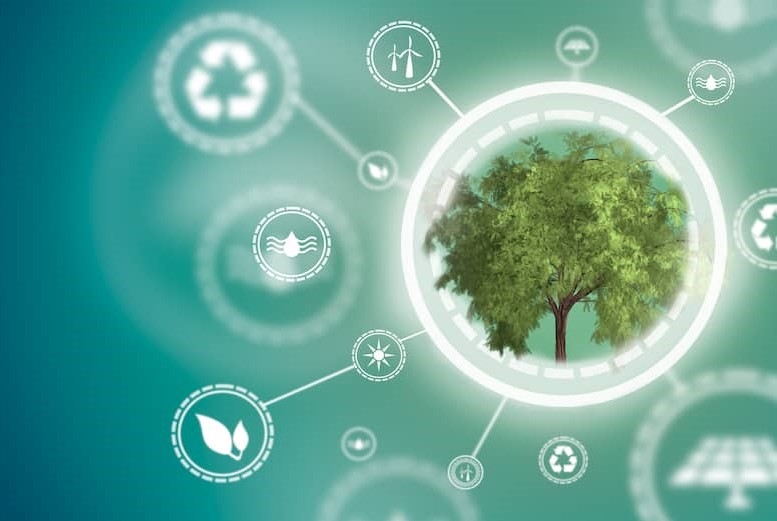




.jpg)


